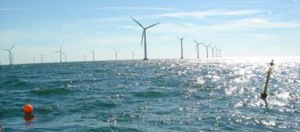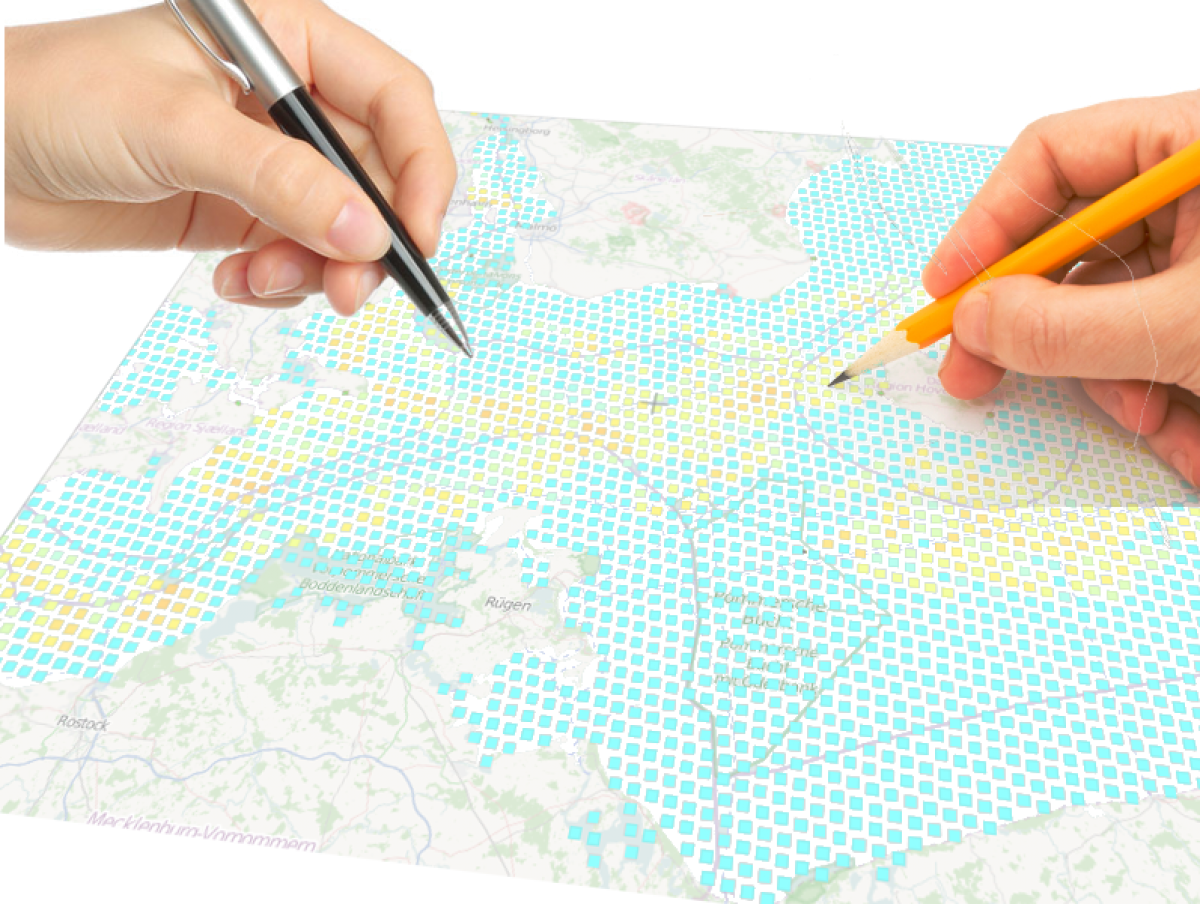 Modelling the interactions between fishery and stock dynamics as well as the economic fishery importance on a highly spatial disaggregated scale like in DISPLACE, is useful in context of broader spatial planning, marine management, and stakeholder involvement.
Modelling the interactions between fishery and stock dynamics as well as the economic fishery importance on a highly spatial disaggregated scale like in DISPLACE, is useful in context of broader spatial planning, marine management, and stakeholder involvement.
It is important to develop supporting tools for impact evaluations that can inform all parties (scientists, stakeholders, and managers) on the overall fishing sector dynamics on a highly disaggregated scale to develop a collective understanding and common discussion platform based on quantitative predictions of impacts and beneficial/detrimental effects of any new spatial marine planning project . As such, the DISPLACE model can be used to obtain further information on fishermen behavior with direct input from stakeholders (e.g., here).
 Such an approach should foster management choices to be based on a more objective and transparent basis and on actual feedback from the stakeholders when they react to spatial planning. More participatory management requires quantitative support and a common platform for input that will likely promote good fishing practices and achieve better compliance with the regulations and where stakeholders can feel more engaged in the ecosystem-based fisheries management decision process (also advocated here).
Such an approach should foster management choices to be based on a more objective and transparent basis and on actual feedback from the stakeholders when they react to spatial planning. More participatory management requires quantitative support and a common platform for input that will likely promote good fishing practices and achieve better compliance with the regulations and where stakeholders can feel more engaged in the ecosystem-based fisheries management decision process (also advocated here).
The goal is to also inform managers with quantitative supports about the potential gain of spatial regulations against the cost for displacement when fishermen loose access to valuable fishing grounds and/or have to travel more to go fishing from their home harbor to make a living out of the catches.

Francois Bastardie is a DTU-Aqua Senior Scientist and method developer in the Section of Ecosystem-based Marine Management with a Ph.D. in Biological Science. He has been involved in several national and EU Funded projects developing expertise in spatial fisheries and fisheries databases. He has a strong background in modeling fishing and the bio-economic dynamics including developing agent-based models for combining marine ecosystems and natural resource extraction models, fisheries economics in a mixed fisheries perspective. He has an experience of 10 years leading to more than 35 peer-reviewed publications by conducting scientific-based fisheries management evaluation with scenario-testing evaluation and simulations, including fleet dynamics and consequences on the economy of fisheries, population dynamics and fish stock assessment. He was in charge of the evaluation of some of the EU long-term fisheries management plans with consequent participation to ICES and STECF working groups, including giving advise from regional to international policy makers.

Author: Francois Bastardie
Francois Bastardie is a DTU-Aqua Senior Scientist and method developer in the Section of Ecosystem-based Marine Management with a Ph.D. in Biological Science. He has been involved in several national and EU Funded projects developing expertise in spatial fisheries and fisheries databases. He has a strong background in modeling fishing and the bio-economic dynamics including developing agent-based models for combining marine ecosystems and natural resource extraction models, fisheries economics in a mixed fisheries perspective. He has an experience of 10 years leading to more than 35 peer-reviewed publications by conducting scientific-based fisheries management evaluation with scenario-testing evaluation and simulations, including fleet dynamics and consequences on the economy of fisheries, population dynamics and fish stock assessment. He was in charge of the evaluation of some of the EU long-term fisheries management plans with consequent participation to ICES and STECF working groups, including giving advise from regional to international policy makers.
View all posts by Francois Bastardie
 Modelling the interactions between fishery and stock dynamics as well as the economic fishery importance on a highly spatial disaggregated scale like in DISPLACE, is useful in context of broader spatial planning, marine management, and stakeholder involvement.
Modelling the interactions between fishery and stock dynamics as well as the economic fishery importance on a highly spatial disaggregated scale like in DISPLACE, is useful in context of broader spatial planning, marine management, and stakeholder involvement. Such an approach should foster management choices to be based on a more objective and transparent basis and on actual feedback from the stakeholders when they react to spatial planning. More participatory management requires quantitative support and a common platform for input that will likely promote good fishing practices and achieve better compliance with the regulations and where stakeholders can feel more engaged in the ecosystem-based fisheries management decision process (also advocated here).
Such an approach should foster management choices to be based on a more objective and transparent basis and on actual feedback from the stakeholders when they react to spatial planning. More participatory management requires quantitative support and a common platform for input that will likely promote good fishing practices and achieve better compliance with the regulations and where stakeholders can feel more engaged in the ecosystem-based fisheries management decision process (also advocated here).
